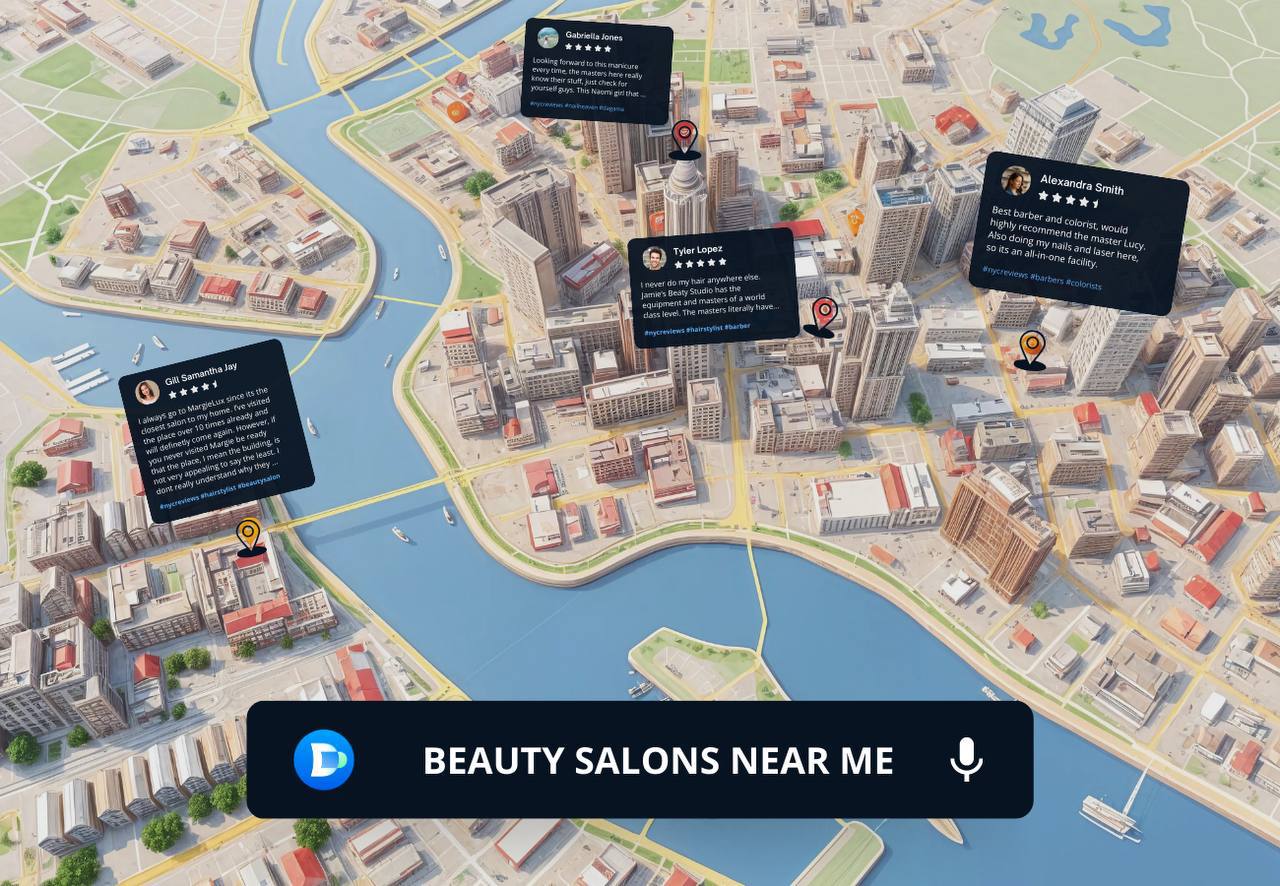Exploring today’s bustling cities, where every corner seems to offer a new dining or leisure experience, can be both exciting and overwhelming. The sheer variety of options—from cozy, tucked-away places to bustling, trendy hotspots—makes choosing the right restaurant, venue or service an adventure in itself. However, this abundance of choices can also turn the search for the perfect spot into a daunting challenge. In 2024’s crowded landscape, how does one separate the truly exceptional from the merely average?
This is where online reviews often come into play, acting as a guiding light for those seeking out the best experiences. We turn to these reviews, hoping they will help us navigate the maze of options. Yet, as much as people rely on recommendations, the growing prevalence of fake or biased feedback has made it increasingly difficult to trust someone’s opinion on the internet. The very tool designed to simplify decisions can sometimes lead us astray, resulting in disappointing experiences and eroding confidence in the traditional review system.
As these challenges become more apparent, the need for reliable, personalized solutions has never been greater. Users are seeking alternatives that can genuinely guide them to the best spots, tailored to their individual preferences and based on authentic, trustworthy recommendations.
The Problem with Traditional Review Systems
Whether you’re seeking a new restaurant, barbershop, yoga class, or a unique leisure experience, online recommendations are a common source of information. However, studies reveal that up to 30% of all online recommendations are not authentic, leading to poor choices, wasted time, and a diminishing trust in recommendation platforms.
The major problem with the industry is the ease with which these fake reviews are produced: businesses can easily use shady tactics to manipulate reviews, boosting themselves or driving competitors out of business. Over 20 years of rapid development and expansion of the online sector, review and recommendation systems have barely evolved. Today, e-commerce and rating platforms still mostly utilize human moderation to manage the increasing flow of fake content, rarely incorporating other mechanisms, such as reputation systems, verified badges, and AI filtration. Additionally, standard review systems often fail to cater to individual preferences, which highlights the need for a more personalized and trustworthy solution.
Introducing a Revolutionary Solution
To address these challenges, daGama, an innovative ecosystem, has emerged as a leader in leveraging the power of AI and blockchain to ensure the authenticity and reliability of recommendations. daGama has developed the Multi-Level Anti-Fake System (MLAFS), which integrates AI-powered filtration, human moderation, and decentralized community verification. This comprehensive approach ensures that only genuine content makes it onto the platform.
The process starts with AI algorithms detecting and filtering out suspicious recommendations based on identified patterns and inconsistencies. After this initial screening, human moderators and daGama’s community further evaluate user content. This multi-layered approach guarantees that recommendations are accurate and reflect genuine user experiences. Moreover, daGama incentivizes users to contribute honest and helpful opinions by rewarding them with tokens via the Review&Earn mechanic, creating a self-sustaining ecosystem where transparency and trust are paramount.
Creating the Ultimate User-Generated Map of the Best Spots
One of daGama’s most exciting features is its 100% user-generated map, highlighting the best-rated restaurants, cafes, and leisure spots. Unlike traditional platforms that focus on marketing and individual reviews, daGama’s map curates a selection of top locations, vetted by a community of users who have actually visited these places.
This map is more than just a list; it’s a dynamic, evolving tool that reflects real-time user input. As more people contribute recommendations and ratings, the map continuously updates to showcase the best spots, ensuring that the community always has access to the most relevant information. A bonus layer to this experience is AI Vasco, daGama’s personalized recommendation algorithm. Vasco analyzes preferences and past choices to suggest locations that align with your tastes, making sure you find the perfect spot every time.
Finding the Best Restaurants and Leisure Spots with daGama
Using daGama to discover quality locations and services is a straightforward yet powerful process. For example, if you’re in a new city and want to find premier local cuisine, daGama can guide you to the top-rated spots by providing a curated array of restaurants and cafes. In another scenario, a local could utilize the app to find hidden city gems and finally get a good barber who knows what a fade cut is.
The interactive map will help navigate to the best spots, while the Vasco AI engine will provide timely and on-point suggestions. Whether you’re looking for a memorable dining experience, a hotel, a beauty salon, a sports or entertainment venue, daGama can provide helpful recommendations backed by a community of users who have experienced these places and services firsthand. daGama is currently wrapping up their beta phase and plans to launch the app on iOS/Android later this year, so we’ll definitely keep an eye on the project development.
Conclusion
In the modern digital landscape, sifting through online reviews to find trustworthy recommendations has become increasingly challenging. The travel, services, and hospitality industries are particularly vulnerable to the spread of fake feedback, which misleads consumers and skews the true quality of businesses. Although existing solutions offer some protection, they are far from foolproof.
As a new solution, blockchain and AI technologies present a compelling alternative. Embracing these technologies could transform the review process, leading to a more transparent and rewarding experience for all.




